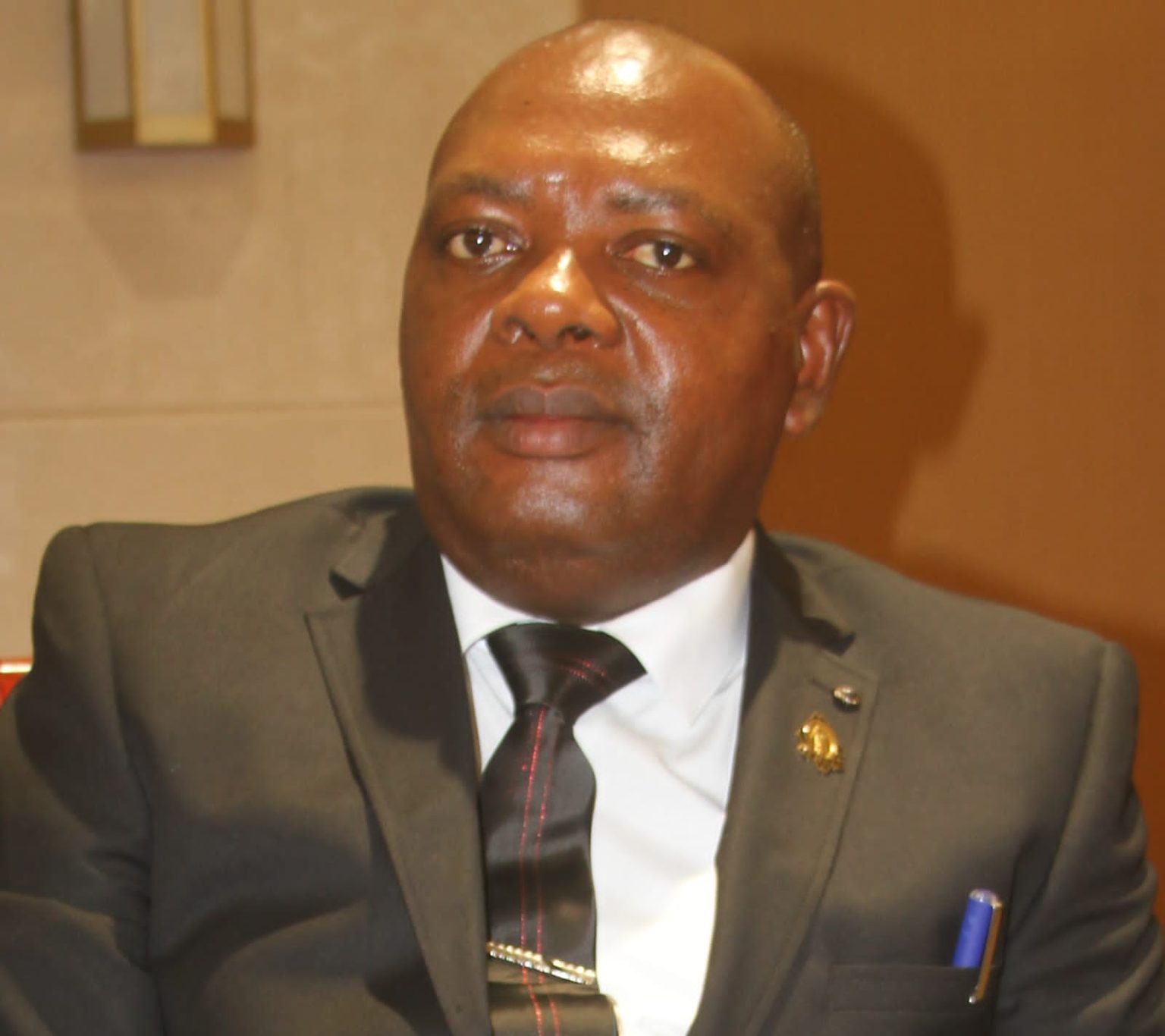The escalating wave of mob violence in Liberia, culminating in numerous fatalities, has sparked grave concerns from both law enforcement and legal professionals. The Liberia National Police and the Liberian National Bar Association have identified a decline in respect for the rule of law and a pervasive distrust in the judicial system as the primary drivers of this disturbing trend. This erosion of public trust has emboldened citizens to take the law into their own hands, circumventing due process and resulting in the extrajudicial killings of individuals accused of crimes.
Police Inspector General Gregory Coleman has pointed to the lack of faith in law enforcement and the justice system as a key factor contributing to the rise in mob violence. This sentiment, he explains, stems from a belief among some citizens that the courts are ineffective and incapable of delivering justice. Consequently, they resort to vigilante justice, often meting out brutal punishment and circumventing the established legal procedures. IG Coleman emphasizes that while the police are committed to apprehending and prosecuting perpetrators of crimes, their jurisdiction ends once a case enters the court system. He underscores the urgent need to rebuild public trust and legitimacy in the entire justice system, including law enforcement, to curb the escalating mob violence. Community engagement initiatives are being employed as a strategy to address this critical issue.
The Liberian National Bar Association echoes the police’s concerns. Secretary General Bornor M. Varmah has strongly condemned the acts of mob violence and stressed their detrimental impact on the rule of law. He highlights the alarming increase in the frequency and severity of these incidents, noting a disturbing pattern of escalating violence, often leading to the death of the accused individuals. Furthermore, these mobs have become increasingly brazen, occasionally turning their aggression towards security forces attempting to intervene and restore order.
Cllr. Varmah underscores a fundamental principle of law: the presumption of innocence until proven guilty in a court of law. He emphasizes that every accused person is entitled to due process and the right to bail, except in capital offenses. He laments the ease with which mob violence can be instigated, often based on mere accusations without any substantiation or investigation. The mere utterance of the word “rogue” in a crowded area, followed by pointing at an individual, can be enough to trigger a brutal attack resulting in severe injury or death. This underscores the fragility of justice in a climate of fear and distrust.
The underlying issue fueling mob violence appears to be deeply rooted in the perceived ineffectiveness and inefficiency of the Liberian judicial system. Coupled with limited access to justice, particularly for marginalized communities, this fuels a sense of frustration and powerlessness, leading citizens to believe that taking the law into their own hands is their only recourse. This cycle of violence and distrust further weakens the rule of law, creating a dangerous environment where individuals are denied their fundamental rights and subjected to extrajudicial killings.
Addressing this complex problem requires a multifaceted approach. Beyond strengthening the capacity of law enforcement and the judiciary, there is a critical need for comprehensive judicial reform to enhance transparency, efficiency, and accountability within the legal processes. Equally important is the need for public awareness campaigns to educate citizens about their rights and responsibilities under the law, reinforcing the importance of due process and the presumption of innocence. By restoring public trust in the justice system and fostering a culture of respect for the rule of law, Liberia can effectively combat the scourge of mob violence and ensure the safety and security of all its citizens.


